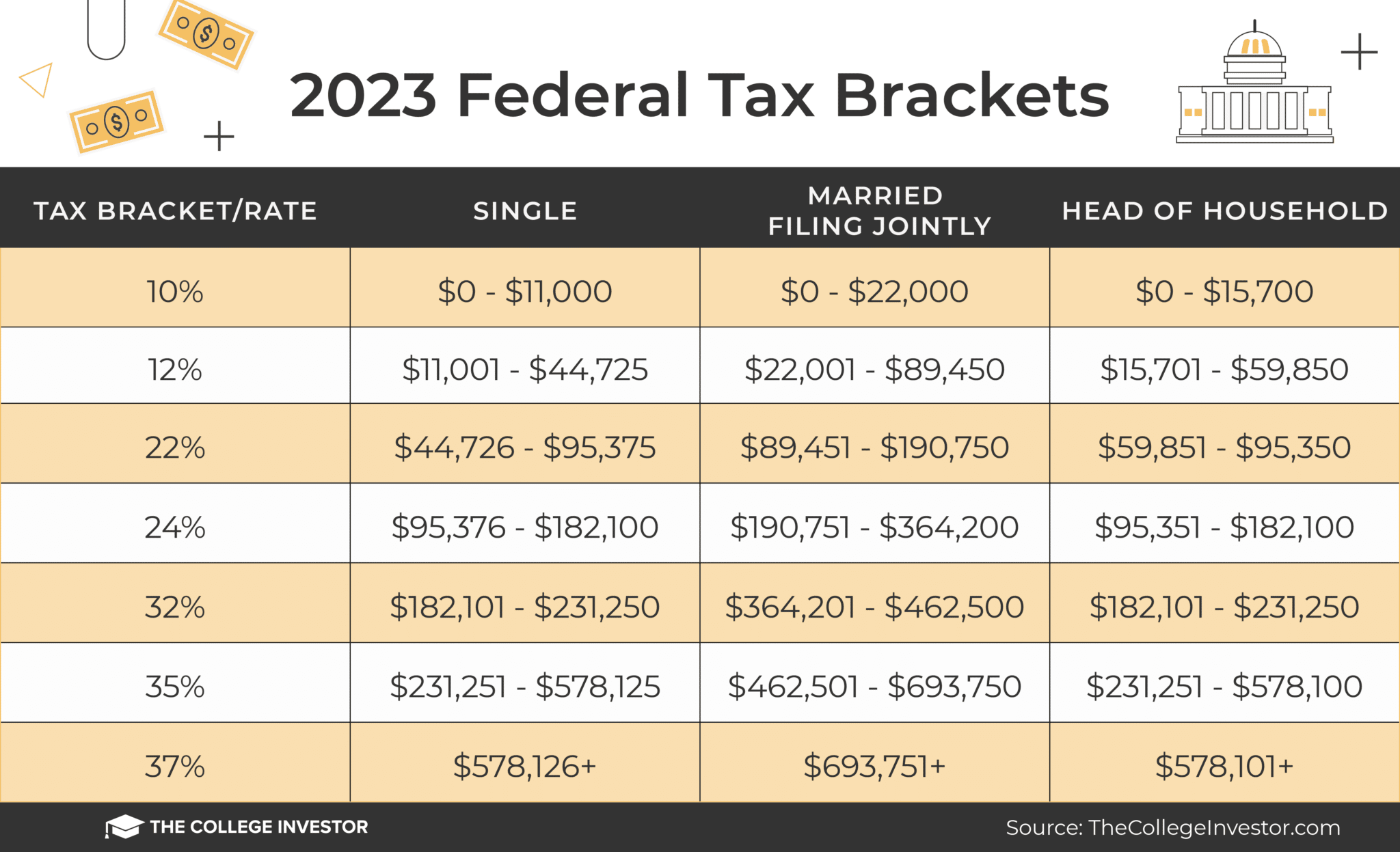If you’re a single parent receiving a payment, you may be wondering, “Is single parenting payment taxable income?” It’s an important question to consider, as understanding the tax implications of your payment can help you plan your finances more effectively. In this article, we’ll dive into the details and provide you with the information you need.
Nowadays, tax-related questions can be quite daunting, but fear not! We’ll break it down for you in a way that’s easy to understand. Single parenting payment refers to the financial assistance provided to single parents by the government, aimed at helping them support their families.
Tax season often raises questions about the taxability of single parenting payments. It’s essential to avoid surprises from unforeseen tax liabilities. Together, let’s examine the single parenting payment and its tax implications.
Indeed, the single parenting payment counts as taxable income. You must include it in your tax return when you receive this payment. Based on your total income and tax bracket, it might be subject to income tax. Consulting a tax professional or your country’s tax authority is crucial to grasp the specific tax implications and obligations associated with the single parenting payment.

Understanding Single Parenting Payment and Taxable Income
The government provides the single parenting payment as financial support to single parents raising children alone. This payment aims to help cover child-rearing costs and ensure single parents can support their children’s well-being. However, single parents frequently question if this payment counts as taxable income. This article will delve into whether the single parenting payment is taxable and offer the necessary information to comprehend its tax implications.
What is Single Parenting Payment?
The Department of Social Services in Australia administers the Single Parenting Payment (SPP), a government payment for eligible single parents. This support aims to help single, non-partnered parents care for their dependent children by covering expenses like housing, food, clothing, and education.
The SPP is means-tested, meaning the individual’s income and assets determine the payment amount. Income and assets tests apply, and the payment varies with the number of children under the single parent’s care. Notably, the SPP serves as financial assistance for child-rearing costs, not as income support.
Is Single Parenting Payment Taxable Income?
Single parents often question if the single parenting payment counts as taxable income. It does not. Authorities do not tax the single parenting payment, nor do they require its inclusion in your tax return. You do not need to declare it as income when filing your tax return, as it is income tax-exempt.
It is important to note that while the single parenting payment itself is not taxable income, other forms of income, such as employment income or investment income, may still be subject to taxation. Single parents who receive the single parenting payment and also have other sources of income should ensure that they accurately report their taxable income when filing their tax returns.
Other Tax Considerations for Single Parents
While the single parenting payment itself is not taxable income, there are some tax considerations that single parents should be aware of. Here are a few important points to keep in mind:
1. Child Support: Child support payments received from the other parent are generally not considered taxable income for the recipient. Similarly, child support payments made by the single parent are not tax-deductible.
2. Child Care Expenses: Single parents may be eligible for the Child Care Subsidy, which helps with the cost of child care. The subsidy may be subject to income testing, and the amount received may vary based on the single parent’s income.
3. Family Tax Benefit: Single parents may also be eligible for the Family Tax Benefit, which provides additional financial support to help with the costs of raising children. The Family Tax Benefit may be subject to income testing and can vary depending on the number of children and the single parent’s income.
4. Deductions and Rebates: Single parents may be eligible for certain deductions and rebates, such as the Low and Middle Income Tax Offset (LMITO) or the Parenting Payment Income Test. These deductions and rebates can help reduce the overall tax liability for single parents.
Single parents should consult a qualified tax professional or visit the Australian Taxation Office (ATO) website for specific guidance on their individual tax situations.
Conclusion
In conclusion, single parenting payment is not considered taxable income in Australia. The payment is exempt from income tax and does not need to be included in your tax return. However, it is important to accurately report any other sources of income when filing your tax return. Single parents should also be aware of other tax considerations, such as child support, child care expenses, and eligibility for deductions and rebates. By understanding these tax implications, single parents can ensure they are meeting their tax obligations while maximizing their available financial support.
Key Takeaways: Is Single Parenting Payment Taxable Income?
- Single parenting payment is generally considered taxable income.
- However, there may be certain exemptions or deductions available for single parents.
- It is important to consult with a tax professional or use online resources to determine the specific tax implications of single parenting payment in your country or region.
- Keep accurate records of your single parenting payment and any related expenses to ensure proper reporting and potential deductions.
- Understanding the tax rules and regulations can help single parents effectively manage their finances and maximize their tax benefits.
Frequently Asked Questions
Question 1: How does the single parenting payment work?
The government offers the single parenting payment to assist single parents who are the primary caregivers of their children. This program aims to support the costs associated with raising children on a single income and uses means-testing to determine eligibility based on the parent’s income and assets.
To qualify for the single parenting payment, you must meet certain criteria, such as being a single parent with at least one dependent child and meeting residency requirements. Once approved, you will receive regular payments to help support your family.
Question 2: Is the single parenting payment considered taxable income?
The single parenting payment qualifies as taxable income. You must report it on your tax return and pay any taxes due. However, not all parts of the payment are taxable.
The Australian Taxation Office (ATO) issues guidelines detailing the taxable portion of the single parenting payment. Typically, the base rate of the payment is taxable, while extra allowances or supplements may not be. For accurate information tailored to your situation, you should consult a tax professional or the ATO’s guidelines.
Question 3: How is the single parenting payment taxed?
The tax system treats the single parenting payment similarly to other income types. You add the payment to your total taxable income on your tax return. Your total income and the applicable tax brackets determine the tax you owe.
It is important to keep accurate records of your single parenting payment and any other income you receive throughout the year. This will help ensure that you report your income correctly and claim any deductions or offsets you may be eligible for.
Question 4: Are there any tax deductions or offsets available for single parents receiving the payment?
Yes, there are tax deductions and offsets available for single parents receiving the single parenting payment. As a single parent, you may be eligible to claim deductions for certain expenses related to raising your children, such as child care expenses or education costs.
Additionally, there are various tax offsets available for low-income earners and families, such as the Low Income Tax Offset (LITO) and the Family Tax Benefit. These offsets can help reduce the amount of tax you owe or increase your tax refund. It is recommended to consult with a tax professional or refer to the ATO’s guidelines to determine which deductions and offsets you may be eligible for.
Question 5: Can the single parenting payment affect other government benefits or entitlements?
Receiving the single parenting payment may affect your eligibility for other government benefits or entitlements. Authorities will consider the payment amount and your total income when assessing your eligibility for benefits like the Child Care Subsidy or Rent Assistance.
It is important to inform the relevant government agencies or departments of any changes in your circumstances, including changes in your income or family situation. This will help ensure that you receive the appropriate benefits and avoid any potential overpayments or underpayments.

Final Summary: Is Single Parenting Payment Taxable Income?
After delving into the topic of whether single parenting payment is taxable income, it is clear that the answer is YES. Single parenting payment is considered taxable income in most cases. However, it is important to consult with a tax professional or refer to the guidelines provided by your country’s tax authority for specific details regarding your situation.
While single parenting payment is taxable, it is worth noting that there may be certain exemptions or deductions available to single parents to help alleviate the tax burden. These could include deductions for child-related expenses or tax credits specifically designed to support single parents. It is crucial to explore these options to ensure that you are maximizing your tax benefits and minimizing your tax liabilities.
In conclusion, single parenting payment is indeed taxable income for most individuals. It is essential to stay informed about the tax regulations and seek professional advice to ensure compliance and optimize your tax situation. Remember to take advantage of any available deductions or credits that can lighten the financial load for single parents.







